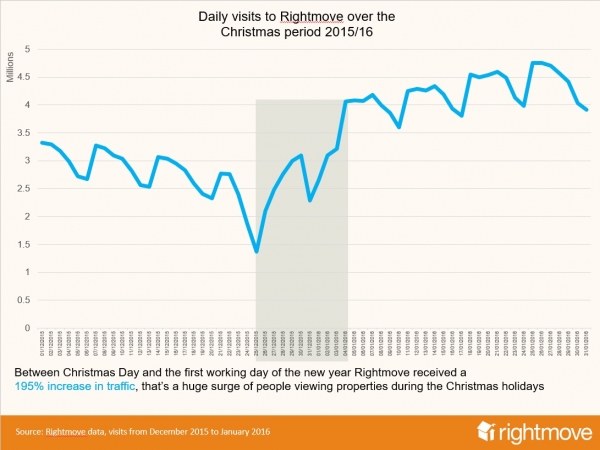The latest data and analysis from Halifax has shown that despite the average deposit increasing 91% from £17,740 in 2007 to £33,3392 ten years later, there seems to be no stopping first time buyers getting onto the property ladder!
According to the figures, in 2017 the number of first-time buyers rose by 6% to 359,000 continuing an upward trend of six years.
The average price of a typical first home has grown by 21% from £174,703 to £212,079, first-time-buyer levels have almost returned to those last seen in 2007 when 359,900 too their first leap onto the property ladder.
This is an increase of 87% compared to an all-time low on 192,300 back in 2008 and is now 11% below the most recent peak of 402,800 in 2006. First-time buyers now account for half of all house purchases with a mortgage.
Over the past decade, the amount of first-time buyers in London has decreased by 26% from 87,900 in 2007 to an estimated 42,983 in 2017, making the third consecutive annual decline. The North is the only other region aside from London to see a drop in figures from 17,300 to 16,430 during the same period.
Just over the waters in Northern Ireland, the number of people getting on the housing ladder has grown by 65% to 9,410. The second largest rise was in the South West from (16%, 25,400 to 29,399). The South East has the highest number of first-time-buyers in the UK, totalling over 69,000 in 2017 heading upwards from 67,600 in 2007.
Copeland in Cumbria is the most affordable local authority district in the UK with an average property price of 2.9 times the area average gross annual earnings.
Mathew Wood, Managing Director of Orchards Estates comments “It is vital that there is a steady stream of first-time-buyers coming to the property market in the UK. Despite a shortage of homes, it is wonderful to see that those wanting to have their own property are still able too – though it is very tough to save the deposit. I think that low mortgage rates, higher levels of employment and Government schemes have all contributed to the increase. The abolishment of Stamp Duty has also made it easier as there are fewer upfront costs to save for."




Share this with
Email
Facebook
Messenger
Twitter
Pinterest
LinkedIn
Copy this link